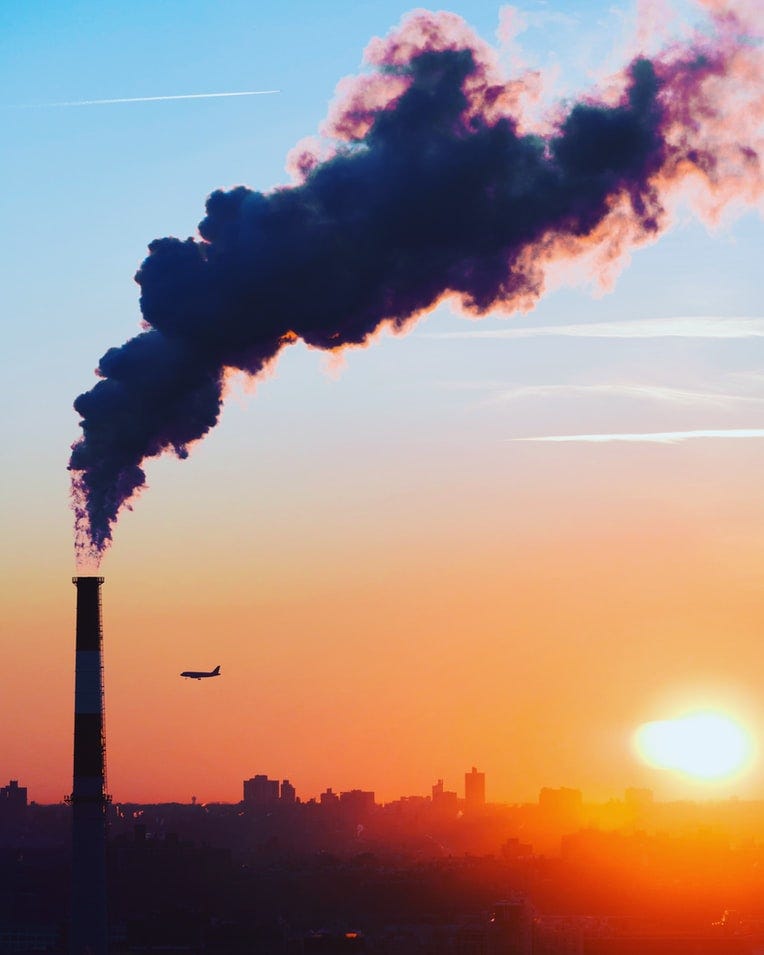“I do care a great deal about the environment but my real work and my greatest challenge is trying to overcome deceits that end up jeopardizing public health and safety.”
Erin Brockovich
Yes, I admire the “real” Erin Brockovich because she’s clearly a fighter, and often put the common good over her own needs. And I love Erin Brockovich the movie because it told the truth. The film and the true story it was based on beautifully captured the deceit that large, powerful companies engage in as a matter of course. And it clearly captured their arrogance. Think about it: if an individual or even an entire company or organization is deceitful, they have to be quite arrogant to engage in that behavior to begin with—why else would you think you could get away with lies and cover-ups of crimes? And where there is power, when a company is so intertwined with jobs and money for a community, for example, that they are “too big to be punished” in a way that hurts them, there is massive arrogance.
There’s a scene in the film, right after the Masry law firm files its initial complaint against the California utility company, PG&E, where the company sends it youngest, greenest attorney to try to quickly sweep away these allegations, like its swept away everything else that got in its way, and it doesn’t work.
As I mentioned before, I practiced environmental law for nearly 15 years, and time and again, that is exactly what happened. The regulated community didn’t always take a state agency seriously (even though we existed only to enforce environmental laws) and usually sent in their first level attorneys at the beginning of an enforcement action—and even they could be arrogant. Many times, though, we often saw a major escalation in the experience of the company attorneys and a less condescending tone, but only after they realized we were ready and able to prosecute.
Ms. Brockovich still works today to prevent water pollution and hold those who pollute accountable. Her famous case against PG&E, and the subject of the film, ultimately awarded 600 or so residents of Hinkley, California, over $333 million in 1996, “the largest settlement ever paid in a direct-action lawsuit in United States history to that date”. But do you think that stopped them? Read all about what PG&E has been up to in the intervening years and be prepared to be shocked. They emerged from bankruptcy just last year and pledged yet again to be good corporate citizens.
But in this post, I’d like to focus on another type of environmental degradation: air pollution, which admittedly is more difficult to trace, and pinpoint its origions and eventual pathways into neighborhoods.
Factories and other companies which make products also make some form of pollution, that is discharged at some point in the manufacturing process to the water, air or land. And this pollution is typically in the form of chemical waste, poisonous to humans, other animals, plants and every living thing it touches.
This is where deceit comes in. These facilities know that they have discharged toxic material, either in a spill, or by purposeful dumping, or by exceeding their permitted discharge limits. If the spill or other type of discharge is large and obvious, the company has no choice but to take the initiative and report it. But a company often knows about the pollution it has caused and simply covers it up, including destroying evidence. In the PG&E case for example, the company suddenly started providing residents with bottled water and offering to pay their considerable medical bills after complaints about sickness swept through the town, but with no explanation, and without telling the residents to stop drinking their well water.
This investigative piece by Pro Public shows that even when state regulators know there is pollution and the residents are complaining of constant sickness clearly associated with that pollution (in this case discharges to the air), they either won’t take action or claim they cannot. In this Mississippi case, local residents kept years of written logs documenting their symptoms and forced the state environmental quality administrators to at least set up air monitoring devices in their area. According to one women: “ ‘I knew there was something wrong,’ ” she said, citing how several of her neighbors had died of cancer in recent years. ‘ “When we saw [the monitoring results], we were like, ‘Oh my God, you mean to tell me these people were allowed to use this stuff, knowing it causes cancer?’ And they seemed to think it was OK. No, it’s not OK. People are dying, you idiots.”
This piece also states that, “The EPA and state agencies could install air monitors in communities to gauge how much toxic pollution reaches neighborhoods. But there’s no federal requirement to do that.” What the authors don’t add is that even if there is no federal specific air monitoring requirement of this type, any state can impose their own regulation allowing them to do so, because state environmental regulations can be more strict than any federal regulation imposed nationwide. The question then becomes: why don’t states impose stricter environmental regulations to protect the health and ultimately the lives of its citizens?
This might come down to where industry is concentrated in the United States. Pro Publica recently put together a map highlighting the 1000 “hotspots” in the country associated with the highest cancer risk from toxic air pollutants. This information was assembled from monitoring reports submitted to the U.S. EPA between 2014-2018.
Texas, Louisiana and West Virginia are three states with significant cancer-causing hot spots, according to this data. So why don’t at least these three states pass more strict standards for release of toxins into the air from industry? This is just an educated guess, but industry tends to pick up and leave a state if the environmental regulations become too strict, because stricter regulations cost more money and cut into company profits. And states don’t want to loose industry that provides tax dollars for their coffers and jobs for their citizens.
Interestingly, in response to Pro Publica’s initial investigative piece and “hotspot” map, the current administrator of the U. S. EPA, Michael S. Regan, recently toured industry towns in Louisiana, Texas and “Cancer Alley”, a stretch of land with chemical plants running along the Mississippi River between Baton Rouge and New Orleans, Louisiana. He talked with townspeople along the way and promised action, including re-evaluating existing air pollution laws, increasing monitoring, inspections and enforcement, and directing federal funds via the proposed Build Back Better Act, to aid their communities. This visit was dubbed “The Journey to Justice” tour, likely because President Biden pledged environmental and racial justice as one of the cornerstones of his new administration.
The Pro Publica analysis of reported EPA data showed “on average, census tracts where the majority of residents are Black experience more than double the level of cancer risk from toxic air pollution as majority-white tracts.” There is no doubt that the poor and minorities suffer the brunt of environmental pollution, likely because wealthier communities, which tend to be majority white, have more money to influence community officials and hire lawyers to prevent industry from settling in their communities. No one wants a chemical plant in their backyard, but some people have more choices than others.
Do you think that the Biden Administration and its EPA Administrator will make good on their promises to these communities? I’d love to hear your thoughts in the comment section below!
If you like what you just read, please share it with friends and family.
And as always, take a second and subscribe to this newsletter—free and paid subscriptions are welcome and much appreciated.















Share this post